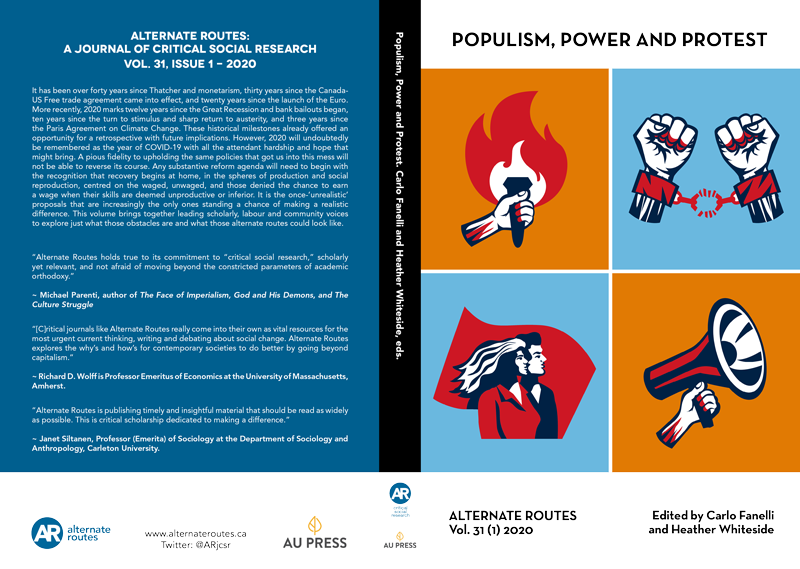Global Framework Agreements: Building and Protecting Space for Local Collective Bargaining Through International Organization
Abstract
The definitive rejection of any substantive linkage between labour rights and the strong enforcement mechanisms of the World Trade Organization in 1994 provoked the global trade union movement to develop alternative strategies to increase respect for the ILO’s core labour standards. This article critically assesses the rapid and recent growth of International Framework Agreements signed between global unions and multinational companies as one labour movement strategy to reduce competition between workers in different countries by organizing to guarantee that all workers have basic, internationally recognized labour rights respected no matter where they live and work.
Downloads
Published
How to Cite
Issue
Section
License
Articles are published in Alternate Routes: A Journal of Critical Social Research under the Creative Commons "Attribution/Non-Commercial/No Derivative Works" Canada licence.
The copyright for the articles published in this journal is retained by the authors, with first publication rights granted to the journal. By virtue of their appearance in this open access journal, articles may be used, with proper attribution, in educational and other non-commercial, not-for-profit settings. The submission of a manuscript to Alternate Routes will be taken to mean that the author understands and agrees to the following:
- the manuscript represents original work not previously published;
- the manuscript is not being considered elsewhere for publication in the same language (publication elsewhere in an alternate language does not preclude acceptance of submission to Alternate Routes);
- appropriate written copyright permissions have been secured for republication of any copyrighted material contained in the manuscript;
- copyright for this article is retained by the author, with first publication rights granted to Alternate Routes;
- by virtue of its appearance in this open access journal, it is understood that the article is freely available for use, with proper attribution, for educational and other non-commercial purposes;
- reuse of the article for commercial purposes by anyone other than the author requires permission of the author;
- the author agrees to cite Alternate Routes as a source whenever h/she later republishes or reuses the article in other platforms.


